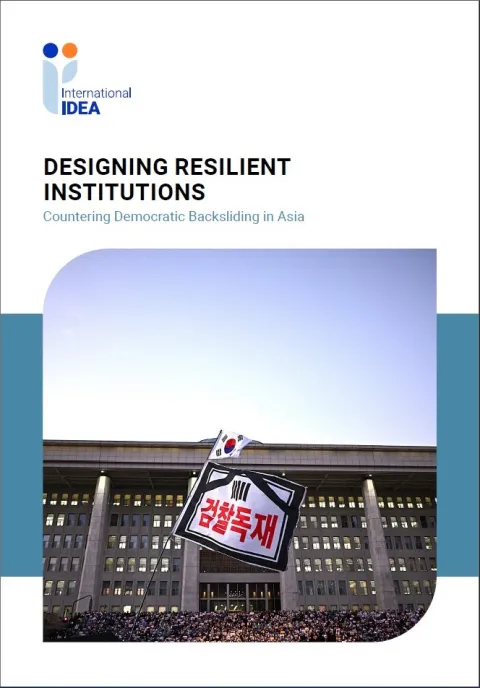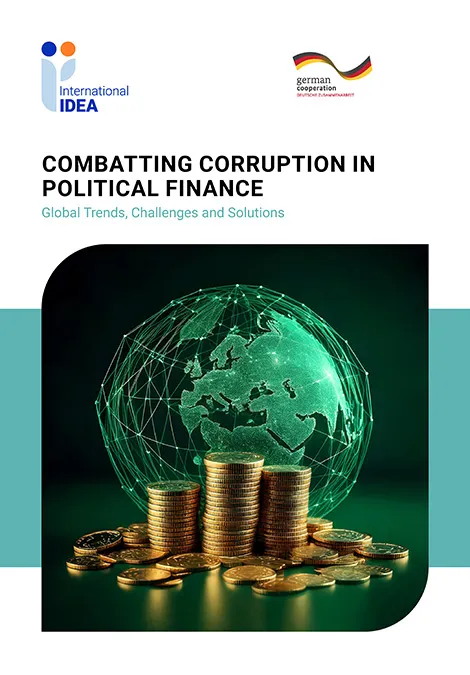It is with profound sadness that International IDEA reflects on the unexpected passing of Surin Pitsuwan. We express our sincere condolences to his family.
He served as Thailand's Minister of Foreign Affairs from 1997–2001, and as Secretary-General of the Association of South East Asian Nations (ASEAN), from 2008–2012. Pitsuwan held a key role in the political history of his country and his region.


